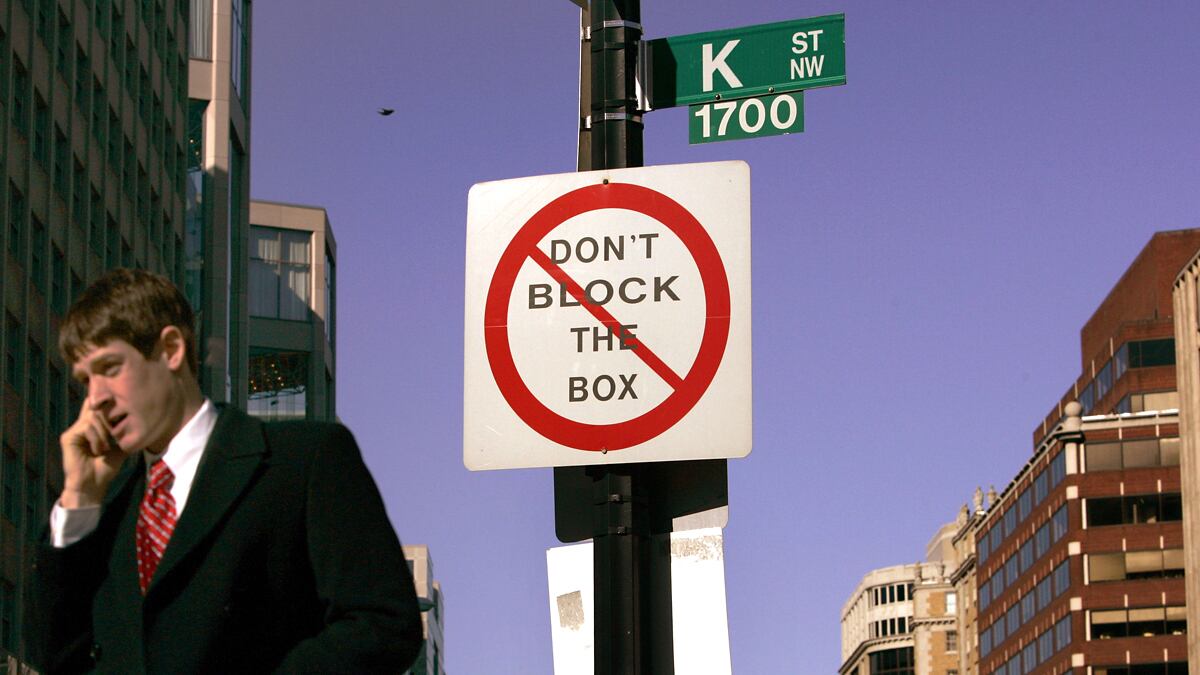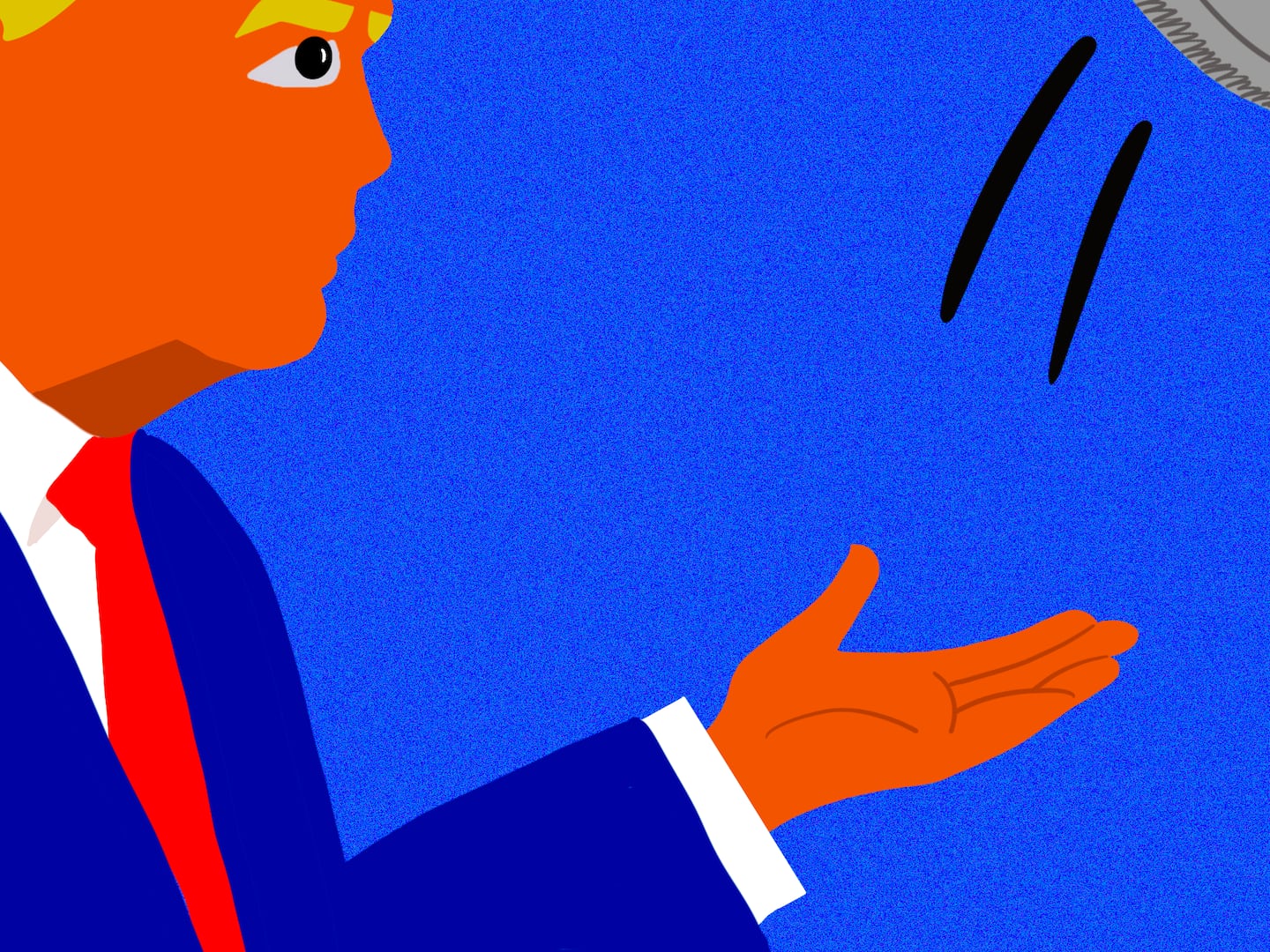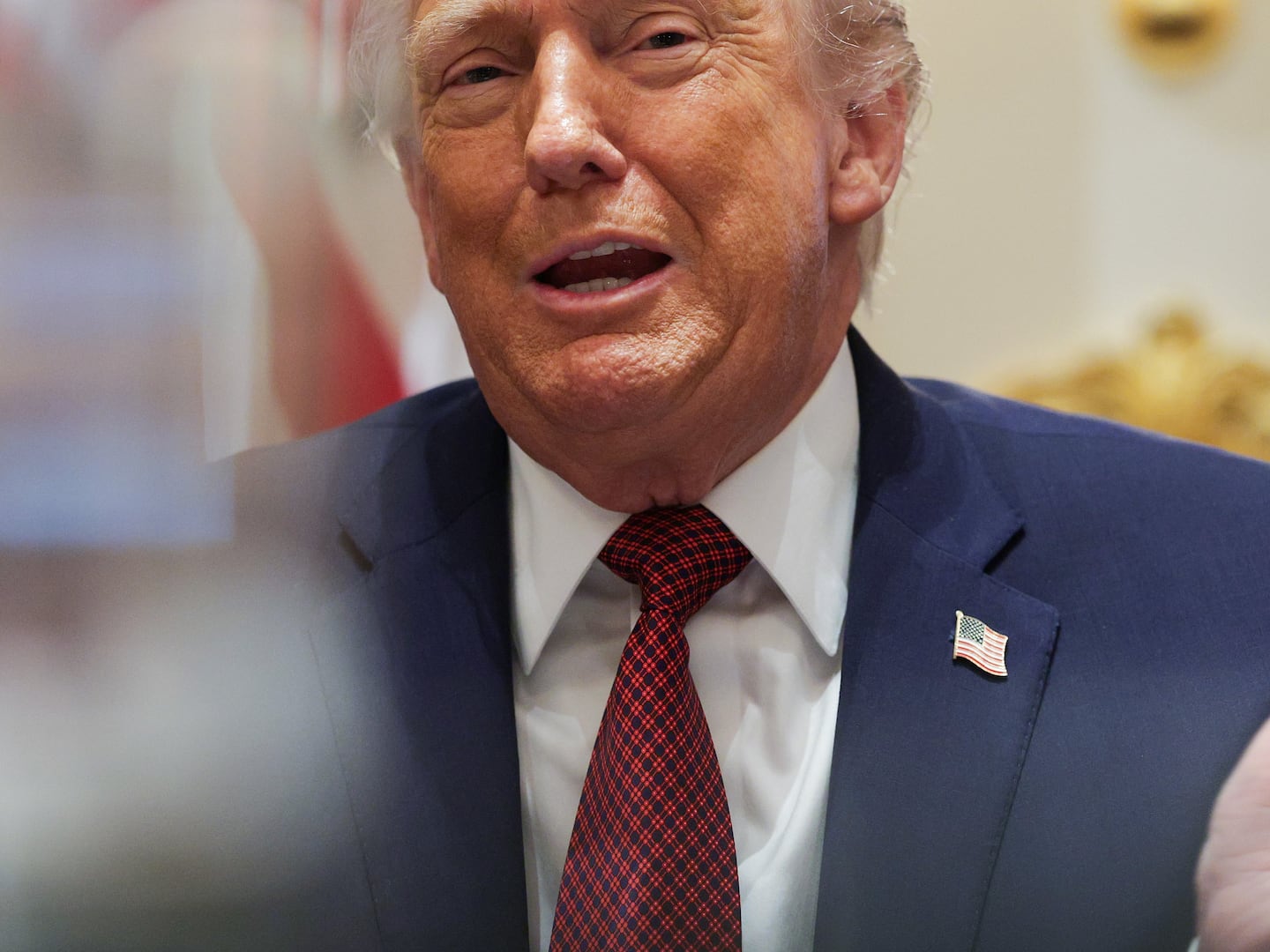
In replying to Tim Carney's question about the Tea Party vs. K Street, I suggested that Carney was being drawn into a false dichotomy, that supported a false narrative, and led finally toward a false solution.
In the previous part of my answer to Carney's direct question to me, I laid out my reasons for doubting his dichotomy and his narrative. Now ... the false solution.
I agree with Tim Carney that the lobbying industry in D.C. has engorged itself in ways that are both ugly and dangerous. But even if he were right that the Tea Party insurgents were purer and cleaner than the less-extreme Washington Republican incumbents (and as I posted earlier, he is not right about that), individual purity and cleanliness would hardly begin to address the problem.
The typical American congress member of 2012 is surely a better person than the typical American congressman of 1962. He probably drinks less and is certainly much less likely to put his wife or girlfriend (or both!) on the public payroll. Yet despite the substantial improvement in the human quality of U.S. legislators, the lobbying industry has hugely expanded since 1962.
Perhaps that's because government has expanded? The German and British and New Zealand governments are much larger relative to their economies than the U.S. government is to the American economy. Yet lobbying as it exists in Washington only faintly exists in Berlin, London, or Wellington, and for exactly the same reason that it only faintly existed even in Washington 50 years ago:
It does not pay.
As compared to the U.S. system of half a century ago—as compared to other democracies today—power has diffused to a huge variety of points in the Washington of today. The number of people who can deliver a favor has multiplied; the number of people who can prevent unwanted action has multiplied vastly more. As decision points and choke points proliferate, so do the returns from employing people to manipulate those points.
Don't like that system? Don't imagine you'll change it by reshuffling the people at the chokepoints. The only way to reduce lobbying is to reduce the utility of lobbying—and that requires institutional change inside Congress, and then again between Congress and the executive.
The Tea Party program is not going to be helpful here. Rather the contrary: As the Tea Party creates new, informal, and often quite secret power networks inside the Republican congressional caucus, it enhances the value of lobbyists who can decode those networks and put them to use for clients and customers.
The Republican landslide of 1994 expanded rather than curtailed the opportunities for lobbyists. The people elected then were plenty fanatical at the time. But the Washington system changed them, and they in their part changed Washington—and mostly for the worse. Those who celebrate the Tea Party election of 2010 should think harder about how to prevent history from repeating itself. They'll need a better answer than, "This time, it's different."






